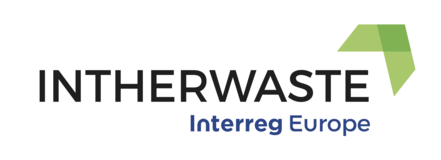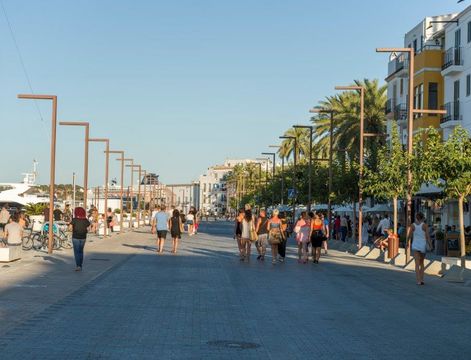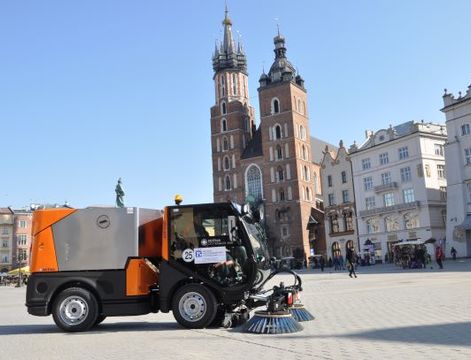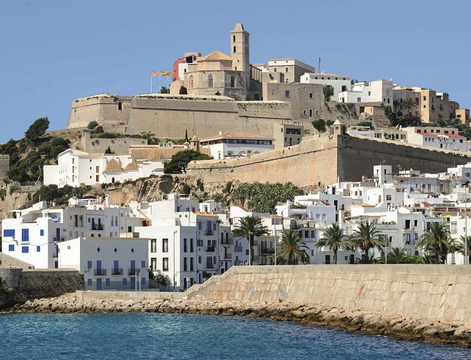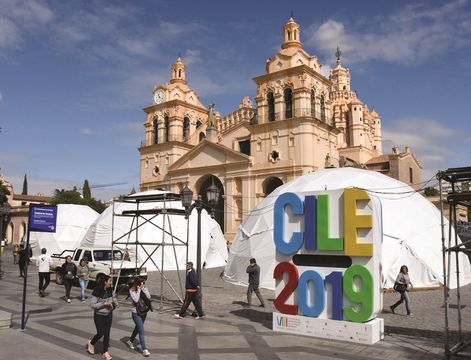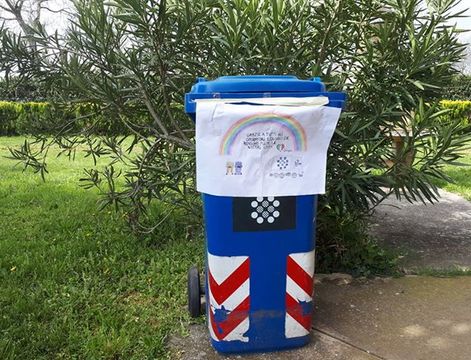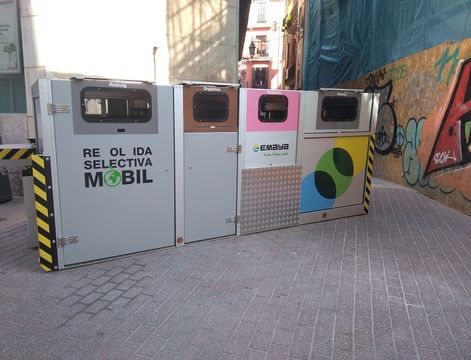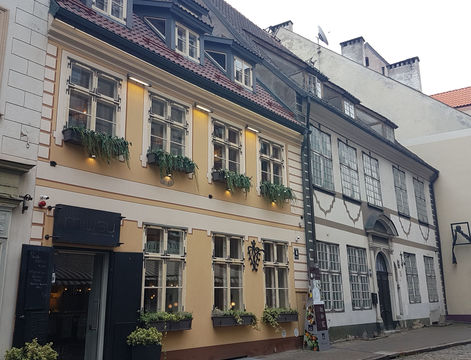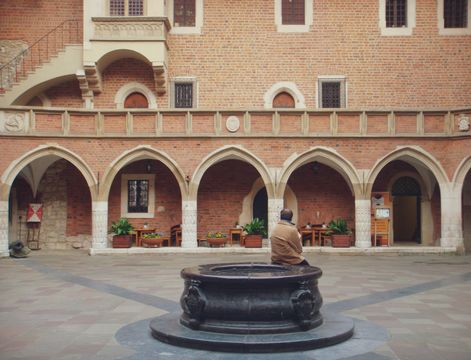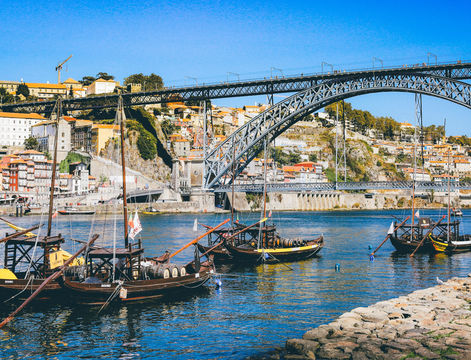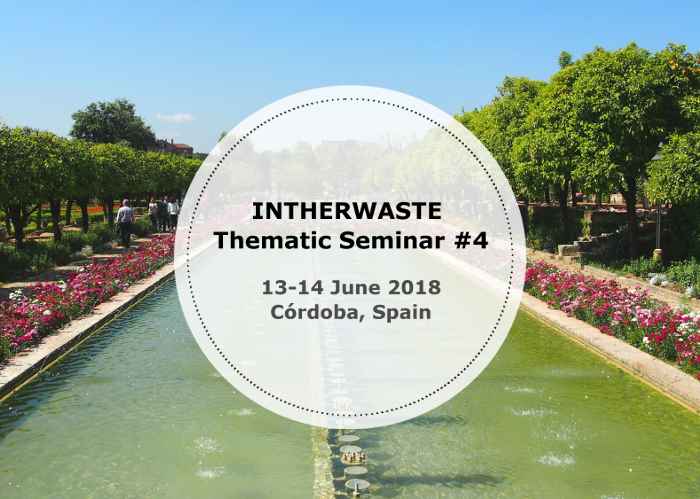Nearly one year after the last meeting in Tallinn, when the five INTHERWASTE pilot cities presented their ideas to improve their waste management practices, they gathered again in the north of Portugal to present the progress they have made towards this goal.
Hosted and opened by the city of Porto and its vice-mayor Filipe Araújo, at this landmark meeting the project partners – Tallinn, Krakow, Cordoba, Ibiza and Porto – unveiled their action plans. The latter are carefully developed and tailored to the specific needs and circumstances in the five pilot cities.
Mr. Araújo, who is also in charge of innovation and environment in Porto, highlighted how happy he was to welcome the project consortium in Porto and disccuss improving waste management practices that take into consideration the important limitations facing UNESCO heritage cities.
The gathering discussed a diversity of legislative documents, which were identified by the cities to undergo certain adaptations and modifications in order to enable certain changes and infrastructural, logistical, or procedural upgrades. These documents ranged from strategic plans, waste management plans, individual laws, and other legislative acts.
While most of the improvements are looking at making waste disposal and collection visually less intrusive by turning buildings and facilities into waste rooms, several cities also wanted to enhance circular economy principles locally by introducing new solutions for bulky waste (furniture, appliances etc.). Waste rooms, which already exist in partner city Cordoba, allow heritage areas and open spaces to be free of containers. enabling tourists and locals to make better use of the public space. These rooms host a number of containers for different waste fractions, usually larger than those in the streets, hidden behind a wall with subtle and discrete drawer look-alike opening where locals and tourists can dispose of their waste. The larger capacities of the containers also reduce the number of times trucks need to enter a heritage area.
Reuse and repair centers, on the other hand, is something that few cities saw as an opportunity to enhance their circular economy performance and involve local communities through various socially responsible schemes. Other measures included underground containers or containers with a built-in compactor, which do not need to be emptied so frequently.
The meeting also included a few study visits, mainly of the areas the city of Porto identified for the implementation of their new practices in the Ribeira heritage area. The participants witnessed how waste management is currently done and what will change thanks to the new action plans. Apart from this important milestone in the lifetime of the project, the partners also started looking at an even bigger one which will take place in June next year: the final conference in Cordoba - something to look forward to!
